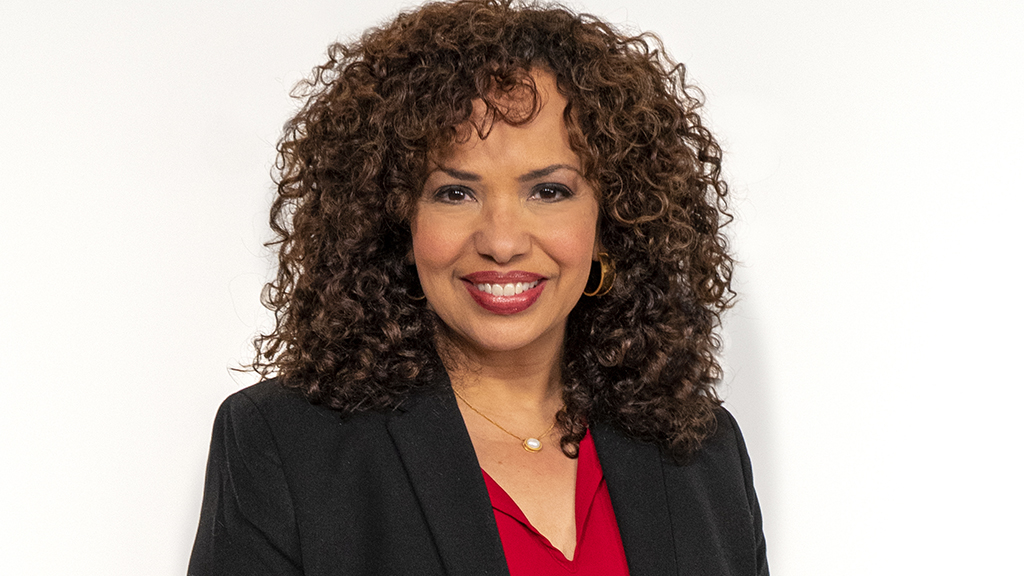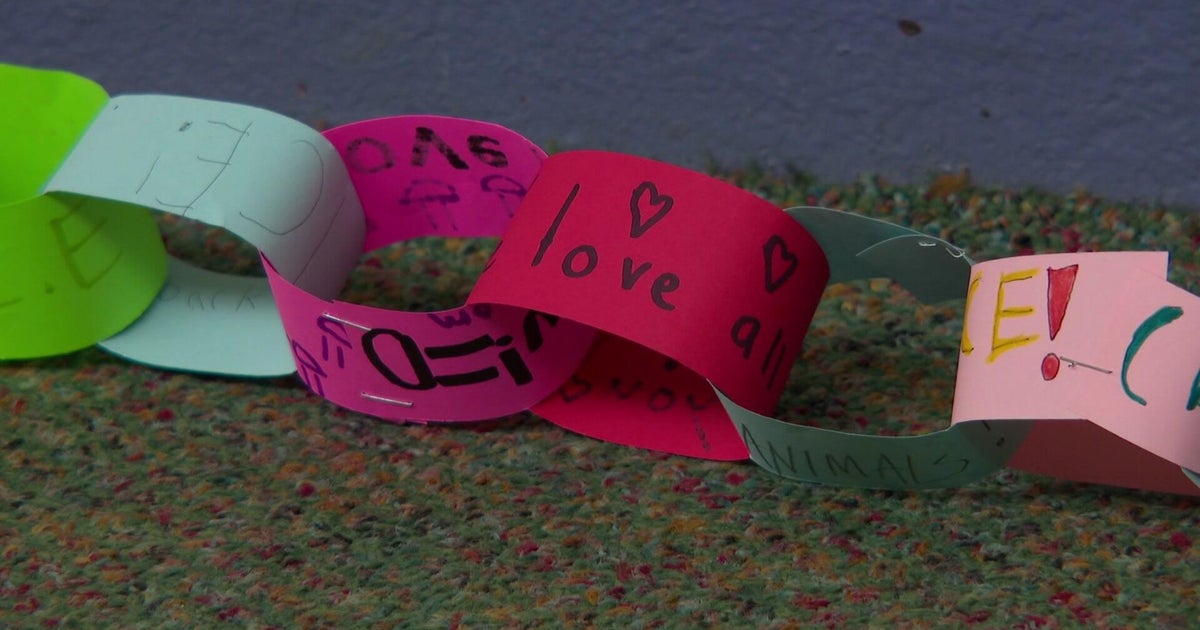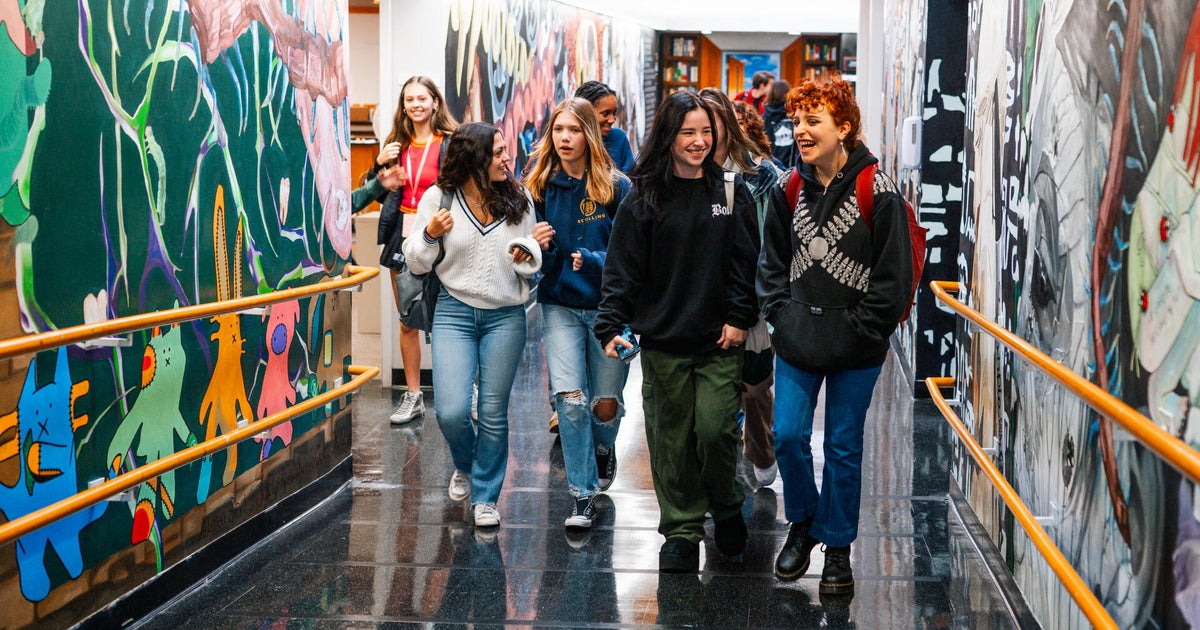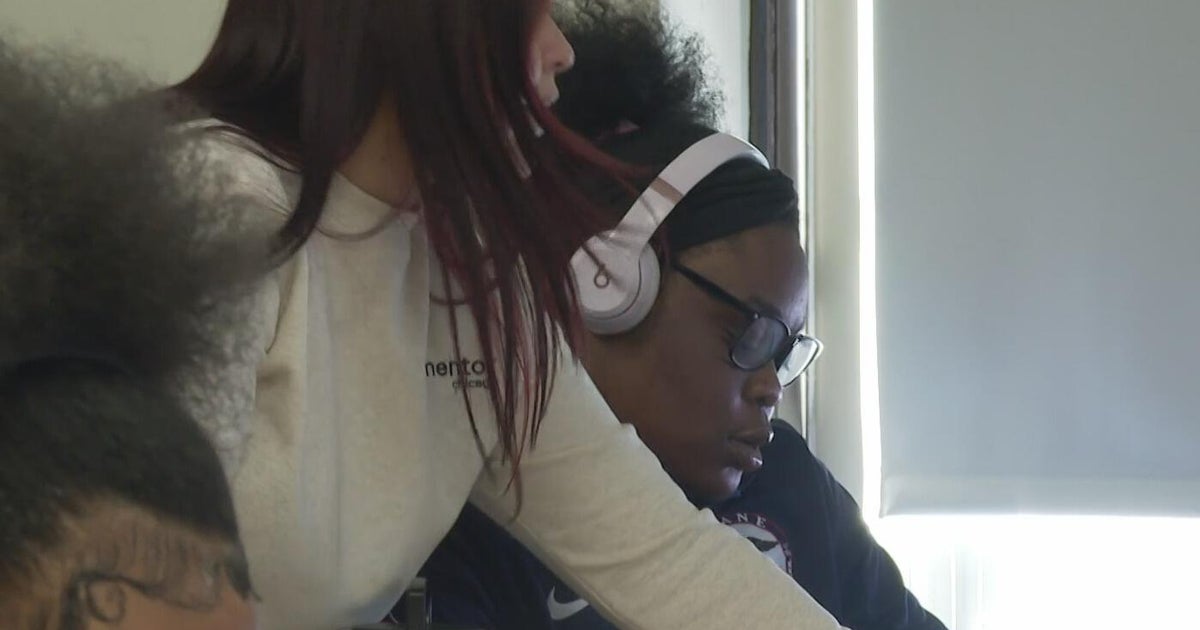Bullying may involve excluding students socially, new study says
BOSTON - Bullying is going to be a big topic of discussion as kids head back to class, but sometimes it's not easy to recognize.
When you think of bullying, you often think of a schoolyard bully, someone who pushes, shoves or even makes verbal threats to another child. But researchers say bullying more often comes in the form of something called "relational aggression" or excluding peers from group activities or spreading false rumors about them, which can be just as damaging as physical assault.
In a recent study, researchers asked more than 14,000 U.S. students in middle and high school whether they agreed or disagreed with statements like "A little teasing does not hurt anyone," or "I don't care what mean things kids say as long as it's not about me," or "When I'm mad at someone, I get back by not letting them be in my friend group anymore." They found that some kids didn't see themselves as engaging in these bullying behaviors even if they themselves were excluding others. Some kids admitted to shutting others out as a way to become more popular. And there were some so-called bystanders who don't engage in the behavior but don't necessarily speak out when they see it happening.
Researchers say parents and teachers can help discourage "relational aggression" by rewarding kids when they are respectful and inclusive of others.








